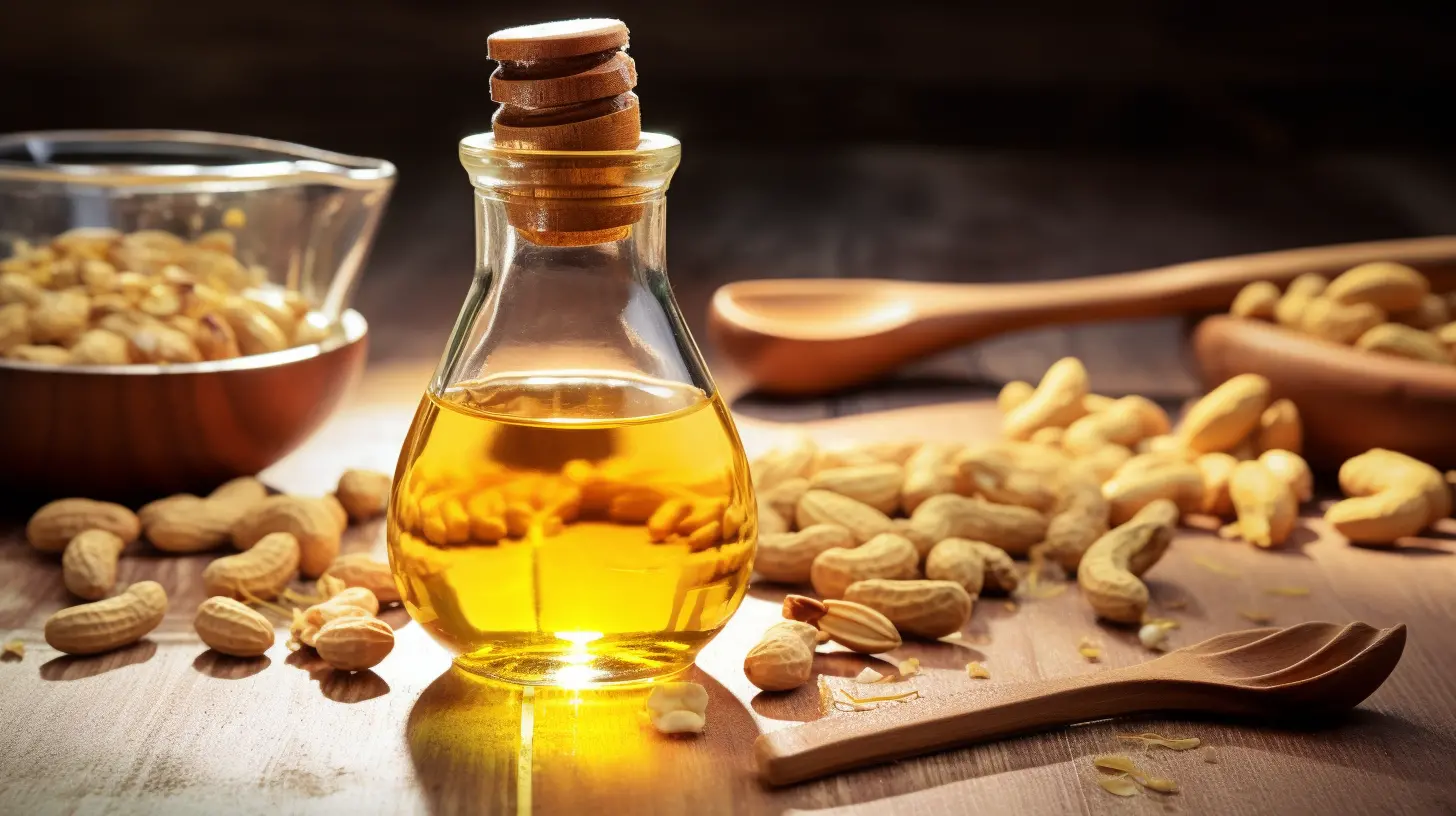
In the global market, high - quality peanut oil is highly sought after. Today, let's embark on a journey to explore the exquisite production processes behind the export of high - quality peanut oil.
The first step in peanut oil production is the shelling of peanuts. Specialized shelling machines are used to separate the peanuts from their shells efficiently. For instance, modern shelling machines can process up to 500 kilograms of peanuts per hour, ensuring a high - speed start to the production process.

There are two main methods for extracting peanut oil: hot - pressing and cold - pressing. Hot - pressing involves heating the peanuts to a certain temperature before extraction. This method can significantly increase the oil yield, usually reaching about 45% - 50%. The resulting oil has a rich aroma, which is very popular in many markets.
On the other hand, cold - pressing is carried out at a relatively low temperature, generally below 60°C. Although the oil yield is lower, around 35% - 40%, the oil retains more nutrients and has a lighter flavor, which is favored by health - conscious consumers.
Peanut cleaning is a crucial step to ensure the quality of the final product. Specialized cleaning machines are used to remove impurities such as soil, sand, and small stones. These machines use a combination of screening, air separation, and washing techniques. For example, a well - designed cleaning machine can remove up to 99% of impurities, providing a clean raw material for subsequent processes.
Baking is an important process for producing aromatic peanut oil. When the baking temperature is between 150°C - 180°C, the peanuts will develop a strong and pleasant aroma. If the temperature is too low, the aroma will be insufficient; if it is too high, the peanuts may be burnt, affecting the quality of the oil. Through precise control of the baking temperature, our brand can produce peanut oil with a unique and rich aroma.
The crushing stage also has a significant impact on the oil yield. By crushing the peanuts into an appropriate particle size, the contact area between the oil cells and the extraction medium is increased, facilitating the release of oil. Experiments have shown that when the peanuts are crushed to a particle size of about 2 - 3 mm, the oil yield can be increased by about 5% - 10% compared to larger particle sizes.
During the oil extraction process, parameters such as pressure and temperature need to be precisely controlled. For example, in a screw - type oil press, the pressure is usually controlled at about 30 - 50 MPa, and the temperature is maintained at around 80°C - 100°C. After oil extraction, the remaining oil cake is not wasted. It can be used as animal feed or further processed to extract residual oil, achieving comprehensive utilization of resources.

Our brand is committed to high - quality production. Through strict control of every production process, we ensure that the peanut oil we produce meets the highest quality standards. We believe that our professional and sophisticated production processes can provide you with high - quality peanut oil that you can trust.
Are you interested in our high - quality peanut oil? Click here to contact us and start your cooperation journey with us!

